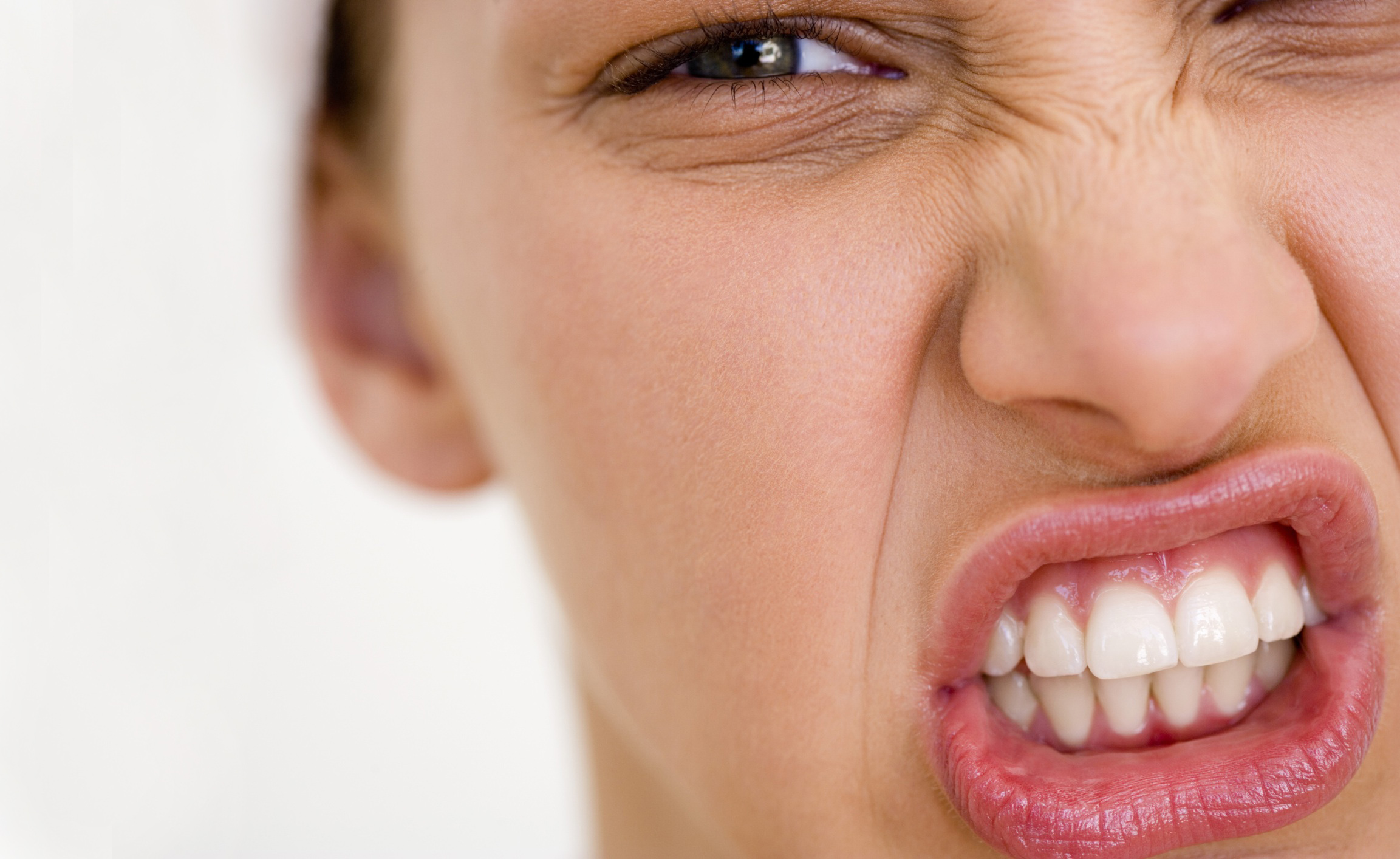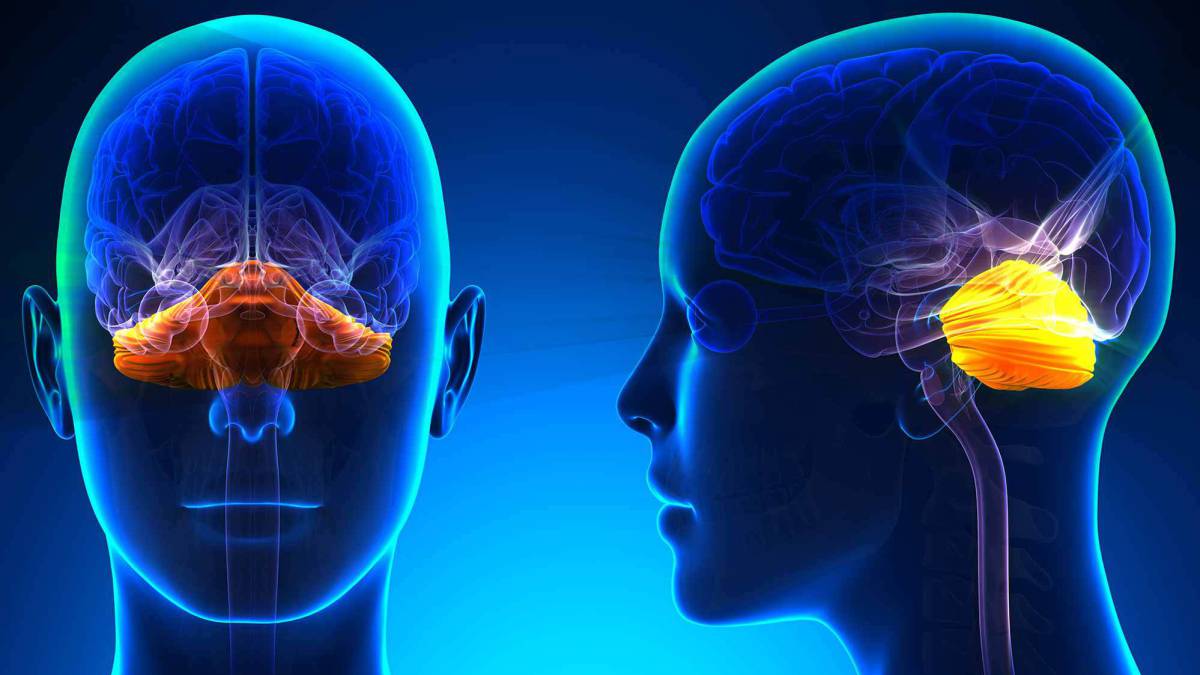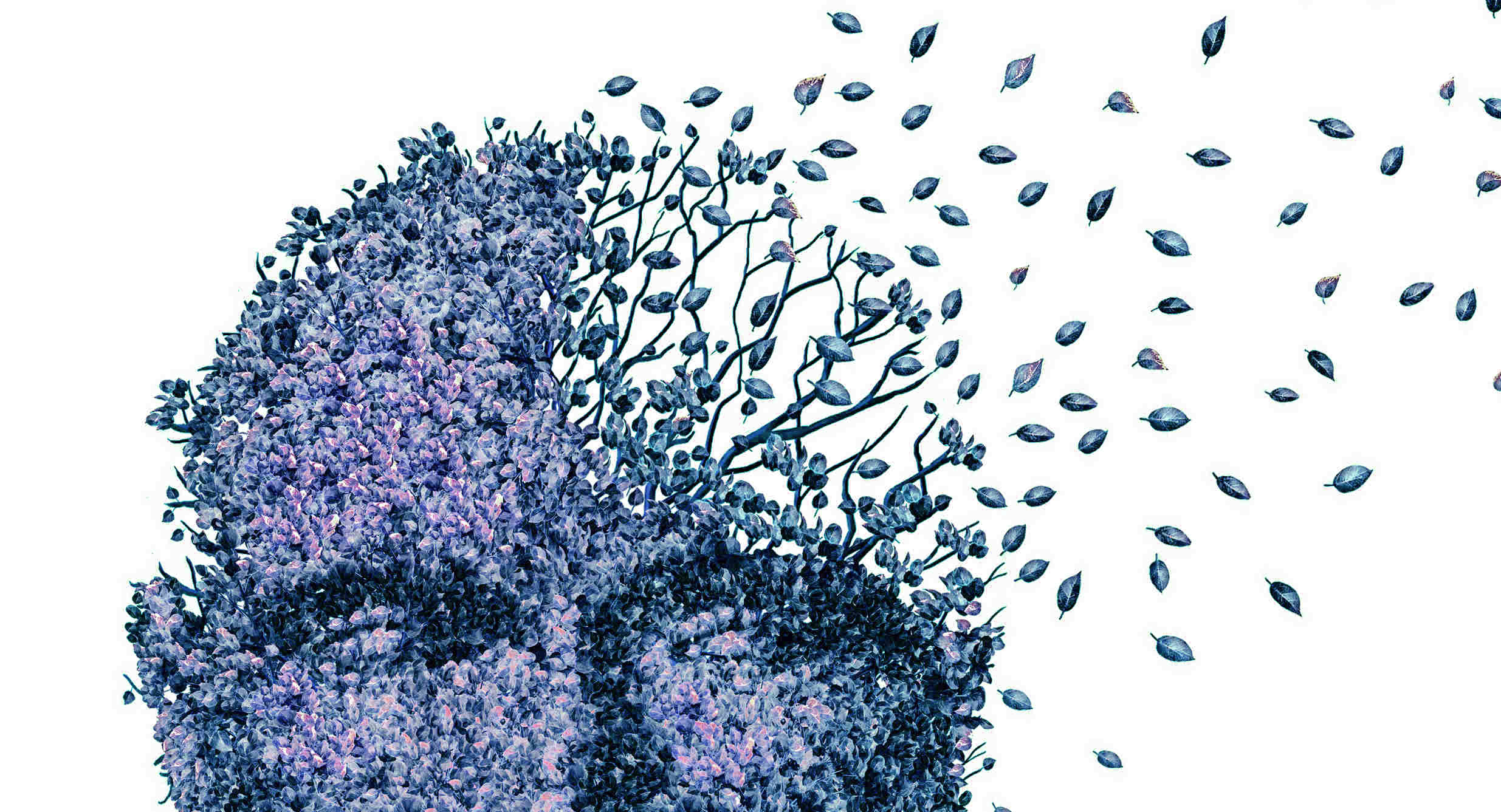Bruxism is a disorder that consists of involuntary tightening and grinding of the teeth, both during the day and during night rest, on a regular basis, which can cause damage to the teeth, as well as other disorders such as jaw pain. or of ears, or frequent headaches.
People who suffer from it are called bruxomaniacs. At night, during sleep, the problem is more serious, since the patient is not aware of his action and, therefore, it is even more difficult to control. This type of bruxism is considered one of the sleep disorders or parasomnia. However, even when awake many people do not realize that they are doing it, and those around them are those who notice it.
Stress is one of those responsible for bruxism, which consists of clenching and grinding the teeth. An early diagnosis can avoid, among other complications, the premature wear of the denture. The patient may not know that he suffers from bruxism, and usually finds out in a routine dental check-up (sometimes he goes to the dentist because he begins to feel a sharp pain in the face or neck), or because someone in his environment (especially if he sleeps accompanied ) captures the noise that comes from grinding your teeth and warns you.
People with bruxism do not usually realize that they are clenching and grinding their teeth.
The cause of this tightening and gnashing of teeth is unknown, but it is considered that stress may be responsible for the disorder in a large number of cases. An abnormal bite or crooked denture can also cause it. Generally, bruxism is not associated with any particular disorder, but at other times it may be due to neurological, dental, psychiatric or drug use problems.
Main symptoms of bruxism:
- Stress and anxiety.
- Articular noises (which can be quite intense, and even bother the bed partner)
- Earache (due to the involvement of the temporomandibular joint).
- Headache.
- Pain or inflammation of the jaw.
- Accelerated and premature wear of the teeth.
- Loss of tooth enamel.
- Sleep disorders.
- One of the most common symptoms of bruxism is excessive tooth sensitivity to brushing or hot or cold food, because the loss of enamel leaves the dentin exposed to mechanical or thermal stimuli.
- Facial pain.
- Dental fractures.
- Muscular stiffness.
- Hypertrophy of the masseter muscles (which are responsible for chewing).
An early diagnosis is very important to avoid side effects and complications of bruxism, such as premature wear of the teeth.
Always take care of your health with a unique and efficient service. Visit Pharmamedic.




